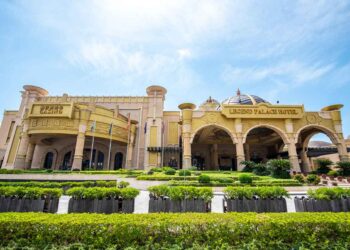The Philippines government stated Tuesday that it is prepared to become a fully cashless society, partly in response to the rapid spread of COVID-19 throughout the country last year and the role played in doing so by the handling of money.
The issue was raised following a recent survey conducted by international currency transfer firm MoneyTransfers.com which found that 21 nations are in favour of becoming cashless societies. Many of those are Asian nations, including the Philippines, which ranked sixth on the list of nations willing to support a cashless society with 52% support.
India topped that list at 79%, followed by Malaysia (65%), United Arab Emirates (63%), Indonesia (63%), Vietnam (60%), Singapore (56%), Italy (52%), the Philippines (52%), Thailand (51%) and Taiwan (48%).
“We ranked sixth in the digital ranking and that’s proof that we can readily make the shift to a cashless society because we are aware that handling banknotes is one of the reasons why COVID virus spread easily,” said Presidential spokesperson Harry Roque.
While no timeline has been offered as to how or when such a shift might be complete, the Philippines is already on the way to becoming a coinless society with the governor of Bangko Sentral ng Pilipinas (BSP), Benjamin Diokno, having stated recently that this goal should be met by 2025, according to a report by state-run Philippine News Agency.
The BSP has already adopted a National Quick Response (QR) Code Standard for digital transactions, with all other banks and financial technology firms expected to follow suit. The standard is tipped to increase the proliferation of contactless payments, with the BSP aiming to complete half of its financial transactions digitally by 2023.

































